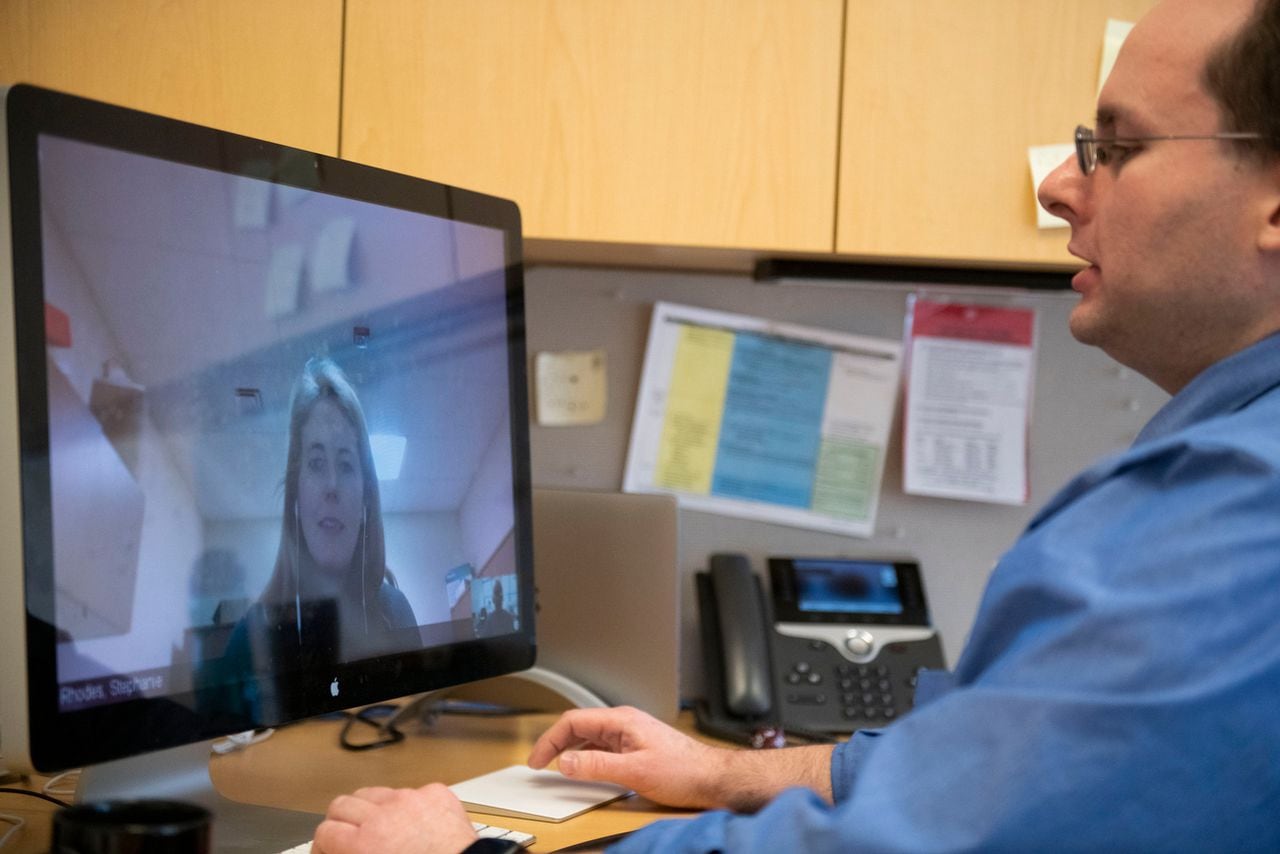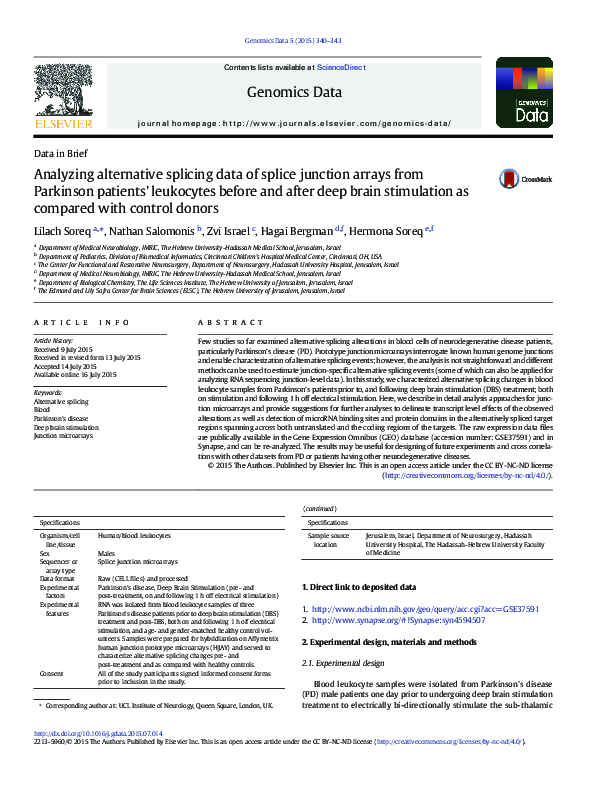Improving Mental Healthcare Access In Ghana: Strategies To Overcome The Psychiatrist Shortage

Table of Contents
Expanding the Mental Healthcare Workforce Beyond Psychiatrists
Addressing the psychiatrist shortage requires a multi-pronged approach that expands the mental healthcare workforce beyond psychiatrists themselves. This involves training and upskilling existing healthcare professionals to effectively address common mental health issues.
Training and Upskilling Primary Care Providers
Primary care physicians, nurses, and community health workers are on the front lines of healthcare delivery and are ideally positioned to identify and manage common mental health conditions. Comprehensive training programs are crucial to equip these professionals with the necessary skills.
- Integrated Care Training: Incorporating mental health training into existing primary care curricula is essential. This can include modules on identifying common mental health disorders, basic assessment techniques, and evidence-based interventions for conditions like anxiety and depression.
- Specialized Training Programs: Developing specialized training programs for nurses and community health workers to become mental health specialists within their communities can significantly increase access to care. These programs should focus on practical skills, case management, and collaboration with psychiatrists where necessary.
- Mentorship and Supervision: Establishing mentorship programs pairing experienced mental health professionals with newly trained providers can provide ongoing support and guidance.
These initiatives foster integrated care, ensuring that mental health is not treated as a separate entity but is addressed within the context of overall primary healthcare.
Leveraging Technology for Mental Healthcare Delivery
Technology offers a powerful tool to extend the reach of mental health services in resource-constrained settings like Ghana. Telehealth, mobile apps, and digital platforms can significantly improve access to care, especially in rural and underserved areas.
- Telehealth Platforms: Utilizing video conferencing and secure messaging platforms enables remote consultations with psychiatrists and other mental health professionals. This can bridge geographical barriers and increase access to specialized care.
- Mobile Mental Health Apps: Developing and implementing user-friendly mobile applications providing self-help resources, mental health education, and access to support groups can empower individuals to manage their mental health effectively.
- Digital Literacy Training: Addressing the digital divide is crucial. Providing digital literacy training to both healthcare providers and the general public ensures that technology is accessible and utilized effectively.
While technology presents exciting possibilities, it’s crucial to acknowledge challenges like internet access and digital literacy and address these proactively.
Strengthening Community-Based Mental Health Services
Community-based mental health services are vital for improving access to care and reducing stigma. This includes empowering local communities and promoting mental health awareness.
Developing Peer Support Networks and Self-Help Groups
Peer support networks and self-help groups play a critical role in fostering a sense of community, reducing stigma, and providing mutual support.
- Training Peer Supporters: Training individuals within communities to provide peer support offers a valuable resource for those experiencing mental health challenges. This training should focus on active listening, empathy, and connecting individuals with professional services when needed.
- Establishment of Support Groups: Establishing and supporting self-help groups focused on specific mental health conditions (e.g., depression, anxiety) can provide a safe and supportive environment for individuals to share their experiences and learn coping strategies.
- Community-Based Mental Health Centers: Developing easily accessible community-based mental health centers staffed by trained professionals can offer vital services such as counseling, group therapy, and medication management.
These initiatives foster a sense of belonging and reduce isolation, crucial aspects of mental health recovery.
Improving Mental Health Literacy and Reducing Stigma
Public awareness campaigns are essential for educating the public about mental health, reducing stigma, and promoting help-seeking behavior.
- Media Campaigns: Utilizing television, radio, and social media to disseminate accurate information about mental health and challenge misconceptions is vital.
- Community Events: Organizing community events, workshops, and educational programs can provide opportunities for direct engagement and interaction.
- Collaboration with Religious and Community Leaders: Engaging religious and community leaders in promoting mental health awareness can significantly influence attitudes and beliefs within communities.
Addressing the stigma surrounding mental health is paramount to improving access to care.
Optimizing the Use of Existing Psychiatrist Resources
Maximizing the impact of the limited number of psychiatrists requires optimizing their resources and improving collaboration across the healthcare system.
Improving Referral Pathways and Collaboration
Efficient referral pathways between primary care providers and psychiatrists are critical for ensuring timely access to specialized care.
- Streamlined Referral Process: Establishing a clear and efficient referral process, potentially using electronic systems, reduces delays and ensures smooth transitions between care levels.
- Interprofessional Collaboration: Promoting interprofessional collaboration between psychiatrists, primary care providers, nurses, and community health workers ensures coordinated and comprehensive care.
- Care Coordination: Implementing care coordination models allows for consistent monitoring and adjustments to treatment plans as needed.
This coordinated approach ensures patients receive appropriate care at the right time and place.
Implementing Telepsychiatry and Supervisory Models
Telepsychiatry can extend the reach of psychiatrists to remote areas, while supervisory models support less experienced mental health professionals.
- Telepsychiatry Consultations: Utilizing telepsychiatry for consultations, particularly for follow-up appointments, can reduce the need for extensive travel and increase access to specialized care.
- Supervisory Support: Providing regular supervision and mentorship to nurses, social workers, and other mental health professionals working in communities ensures quality care and professional development.
- Mobile Psychiatry Units: Establishing mobile psychiatry units that travel to remote areas can bring specialized services directly to underserved communities.
Conclusion
Improving mental healthcare access in Ghana requires a multifaceted approach addressing the psychiatrist shortage. This involves expanding the mental healthcare workforce by training and upskilling primary care providers, leveraging technology to extend service reach, strengthening community-based mental health services, and optimizing the use of existing psychiatrist resources. By implementing these strategies, Ghana can make significant progress towards providing equitable and accessible mental healthcare for all its citizens. We urge readers to learn more about and support initiatives aimed at improving mental healthcare access in Ghana, advocating for policies that address the psychiatrist shortage, and creating a future where everyone has access to the mental health support they need. Let's work together to build a Ghana where mental health is prioritized and everyone can thrive.

Featured Posts
-
 Love Fuels Arizonas Big 12 Semifinal Victory Over Texas Tech
May 02, 2025
Love Fuels Arizonas Big 12 Semifinal Victory Over Texas Tech
May 02, 2025 -
 Analyzing Cay Fest On Film Splice A Deep Dive
May 02, 2025
Analyzing Cay Fest On Film Splice A Deep Dive
May 02, 2025 -
 Nikki Burdine Announces New Projects With Former Co Host Neil Orne
May 02, 2025
Nikki Burdine Announces New Projects With Former Co Host Neil Orne
May 02, 2025 -
 Merrie Monarch Festival On Hawai I Island A Celebration Of Dance And Heritage
May 02, 2025
Merrie Monarch Festival On Hawai I Island A Celebration Of Dance And Heritage
May 02, 2025 -
 Facelifts Fan Concerns Over Celebritys Changed Appearance
May 02, 2025
Facelifts Fan Concerns Over Celebritys Changed Appearance
May 02, 2025
Latest Posts
-
 Nigel Farages Shrewsbury Trip Local Reaction And Political Fallout
May 03, 2025
Nigel Farages Shrewsbury Trip Local Reaction And Political Fallout
May 03, 2025 -
 Reform Uk Leader Nigel Farage Visits Shrewsbury Criticizes Conservatives
May 03, 2025
Reform Uk Leader Nigel Farage Visits Shrewsbury Criticizes Conservatives
May 03, 2025 -
 Emmanuel I Brizhit Makron Reaktsiya Zakharovoy Na Poslednie Sobytiya
May 03, 2025
Emmanuel I Brizhit Makron Reaktsiya Zakharovoy Na Poslednie Sobytiya
May 03, 2025 -
 Shrewsbury Visit Farage Attacks Conservatives On Relief Road Plans
May 03, 2025
Shrewsbury Visit Farage Attacks Conservatives On Relief Road Plans
May 03, 2025 -
 Mariya Zakharova O Semeynoy Zhizni Emmanuelya I Brizhit Makron
May 03, 2025
Mariya Zakharova O Semeynoy Zhizni Emmanuelya I Brizhit Makron
May 03, 2025
